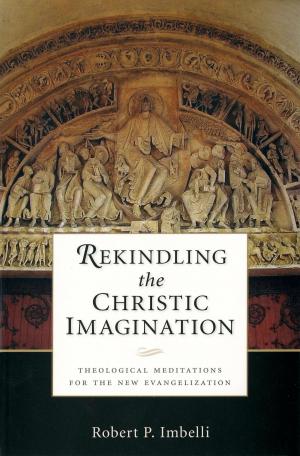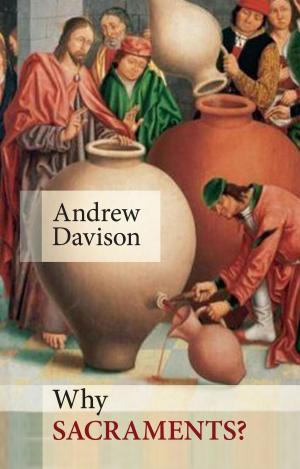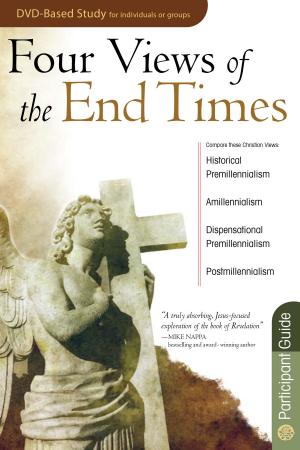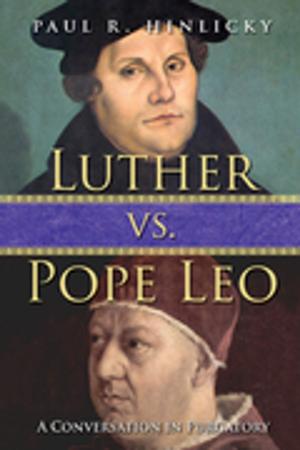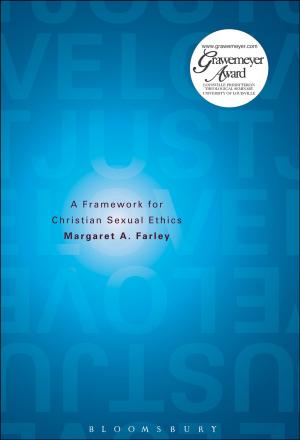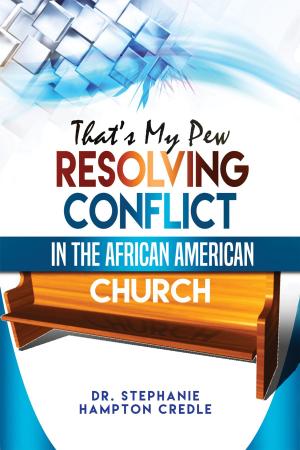| Author: | Stewart Nash | ISBN: | 9781311159885 |
| Publisher: | Stewart Nash | Publication: | May 18, 2014 |
| Imprint: | Smashwords Edition | Language: | English |
| Author: | Stewart Nash |
| ISBN: | 9781311159885 |
| Publisher: | Stewart Nash |
| Publication: | May 18, 2014 |
| Imprint: | Smashwords Edition |
| Language: | English |
Throughout the Bible there are 185 times Jesus is referred to as Lord. Why? Why would Abraham, who was visited by three men, call one of them lord, (Hebrew for ‘Adonai, which signifies a director, a supporter, or the basis) and as they talked Abraham began to call him Lord? (Hebrew for “Jehovah” or “God.”) Who was this man Abraham spoke to? In the book of Isaiah in chapter 9, the prophet talks about the birth and reign of the Prince of Peace. In verse 6 we read, “For a child will be born to us, a son will be given to us; And the government will rest on His shoulders; And His name will be called Wonderful, Counselor, Mighty God, Eternal Father, Prince of Peace.” So, was there a child born in Israel that could possibly fit these attributes? God inspired Isaiah to write further on the subject in verse 7. “There will be no end to the increase of His government or peace, on the throne of David and over his kingdom, to establish it and to uphold it with justice and righteousness from then on and forevermore. The zeal of the Lord of hosts will accomplish this.” Throughout Isaiah’s book, he was inspired to write about the Son’s early life, his healing of the blind, the lame, and the dumb of speech, the guilt offering sufferings, death, resurrection, ascension, and exaltation of none other than, Jesus Christ.
Intellectually it is difficult to make sense of Isaiah’s words without some knowledge of what God was going to accomplish and why. The Isaiah versus pertaining to Christ are scattered and can readily be found in various research books, such as Willmington’s Guide to the Bible. The crux of the matter is, did Isaiah’s words come to pass? And the answer is yes, they did. So with an open mind to want to learn the truth, your reading through this short book should leave no doubt to the title’s question.
Throughout the Bible there are 185 times Jesus is referred to as Lord. Why? Why would Abraham, who was visited by three men, call one of them lord, (Hebrew for ‘Adonai, which signifies a director, a supporter, or the basis) and as they talked Abraham began to call him Lord? (Hebrew for “Jehovah” or “God.”) Who was this man Abraham spoke to? In the book of Isaiah in chapter 9, the prophet talks about the birth and reign of the Prince of Peace. In verse 6 we read, “For a child will be born to us, a son will be given to us; And the government will rest on His shoulders; And His name will be called Wonderful, Counselor, Mighty God, Eternal Father, Prince of Peace.” So, was there a child born in Israel that could possibly fit these attributes? God inspired Isaiah to write further on the subject in verse 7. “There will be no end to the increase of His government or peace, on the throne of David and over his kingdom, to establish it and to uphold it with justice and righteousness from then on and forevermore. The zeal of the Lord of hosts will accomplish this.” Throughout Isaiah’s book, he was inspired to write about the Son’s early life, his healing of the blind, the lame, and the dumb of speech, the guilt offering sufferings, death, resurrection, ascension, and exaltation of none other than, Jesus Christ.
Intellectually it is difficult to make sense of Isaiah’s words without some knowledge of what God was going to accomplish and why. The Isaiah versus pertaining to Christ are scattered and can readily be found in various research books, such as Willmington’s Guide to the Bible. The crux of the matter is, did Isaiah’s words come to pass? And the answer is yes, they did. So with an open mind to want to learn the truth, your reading through this short book should leave no doubt to the title’s question.

